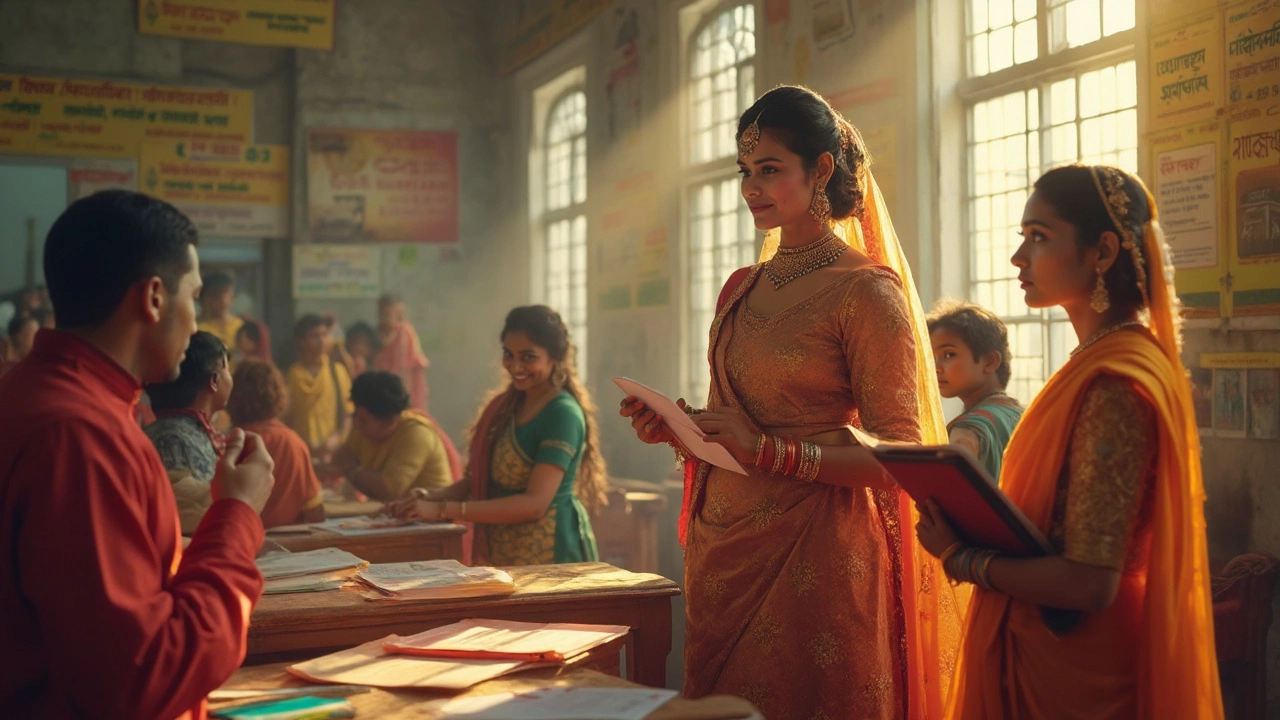Marriage Laws in India – What You Need to Know
Getting hitched or ending a marriage can feel like stepping into a legal maze. The good news? Most of the maze is built from a few clear rules. In this guide we break down the must‑know parts of Indian marriage law, how to register quickly, and what the courts look for if you’re heading for a divorce.
Is Your Marriage Legally Valid Without Registration?
Many couples think a simple ceremony is enough, but the law draws a line at paperwork. Under the Hindu Marriage Act and related statutes, a marriage is valid if it meets the essential criteria – age, consent, and not falling within prohibited relationships. However, without a marriage certificate you can face hurdles proving the union in court, especially for inheritance, property, or custody matters. The easiest way to protect yourself is to get the marriage registered within 30 days of the ceremony. If you missed that window, you can still apply for retrospective registration, but you’ll need witnesses, affidavits, and proof of the ceremony.
Quick Ways to Register Your Marriage
Time is precious, so here’s the fastest route to a legal marriage certificate. First, gather the basic docs: two ID proofs, address proof, passport‑size photos, and an affidavit stating you’re not already married. Next, book an appointment at your local Sub‑Registrar office – many states now allow online booking, which cuts the waiting time dramatically. On the day, both partners must appear together with two witnesses. Pay the nominal fee and the registrar will issue the certificate within a couple of weeks. If you’re short on time, a court marriage under the Special Marriage Act can be done in as little as a month, provided you follow the same document checklist.
While registration handles the legal side, there are common pitfalls you’ll want to avoid. Forgetting to update your name on bank accounts, PAN, or voter ID can cause future hassles. Also, make sure the witnesses are over 21 and not related to either partner; otherwise the registrar may reject the form.
If a marriage is already over, you’ll likely wonder about divorce rules. One question pops up a lot: “Do we have to live separately before filing?” In most Indian courts, living apart is not a strict requirement, but it does make proving irretrievable breakdown easier. Mutual consent divorce usually takes six months to a year, while contested divorce can stretch over several years, especially if child custody or property is involved.
To keep things simple, think of marriage law as three steps: verify eligibility, get the certificate, and keep the paperwork updated. For divorce, focus on documenting separation, asset division, and any child arrangements early on. This preparation saves time, money, and stress if you ever need to go to court.
Got more questions? Browse our related articles such as “Is Indian Marriage Valid Without Registration?” and “Quickest Way to Get Married in India.” They dive deeper into the forms you need, real‑life examples, and quick‑fix tips. With the right info, you’ll navigate marriage laws confidently and keep your legal life hassle‑free.
Marriage Registration Cost in India: What You Really Pay
Curious about how much marriage registration actually costs in India? This article breaks down registration fees in different states, uncovers hidden expenses, and explains the difference between Hindu and Special Marriage Acts. Find out what documents you’ll need, where you’ll spend the most, and tips to avoid overpaying. Get the knowledge you need to get your marriage registered smoothly and without paying more than you have to.
Is Online Marriage Registration Legal in India?
Online marriage registration in India is gaining popularity due to its convenience, but is it legal? We'll dive into the legal framework, the steps involved in registering a marriage online, and the potential obstacles couples might face. Discover the regional variations in rules and how online platforms are revolutionizing traditional processes. Stay informed about the pros and cons of digital registration to ensure a smooth journey to marital bliss.

